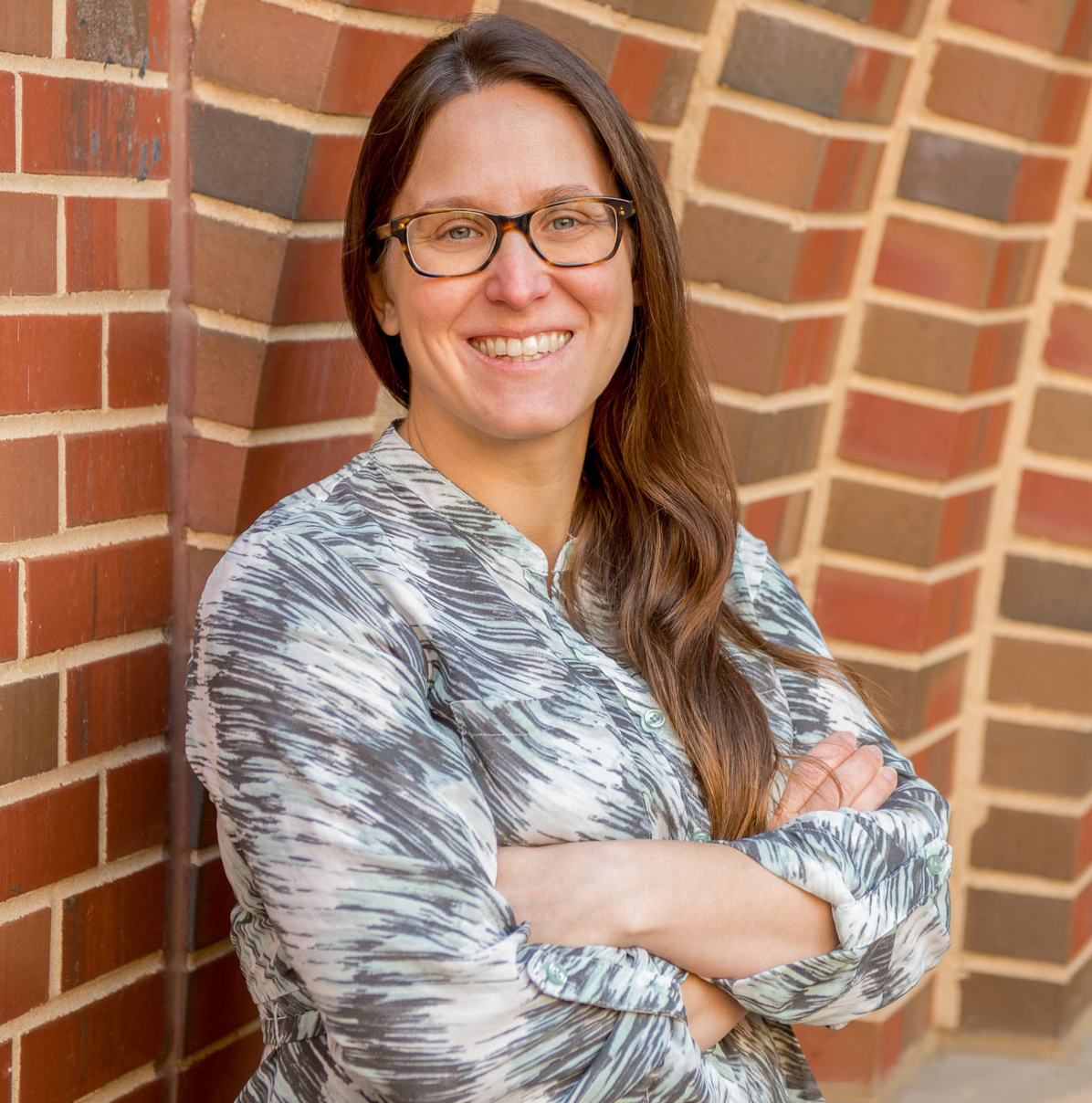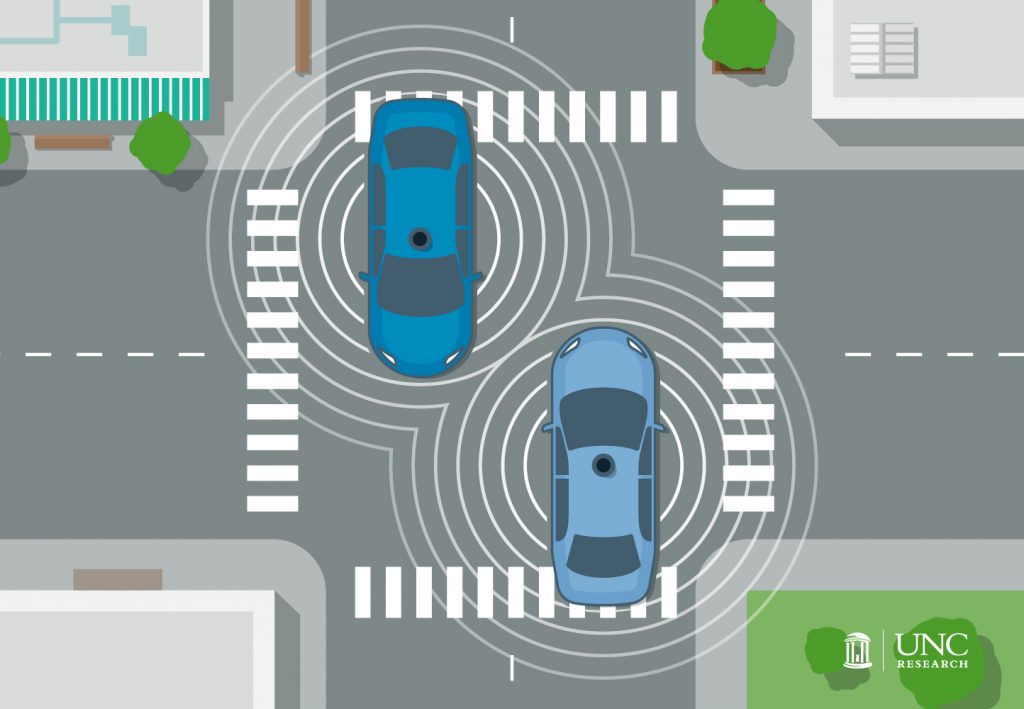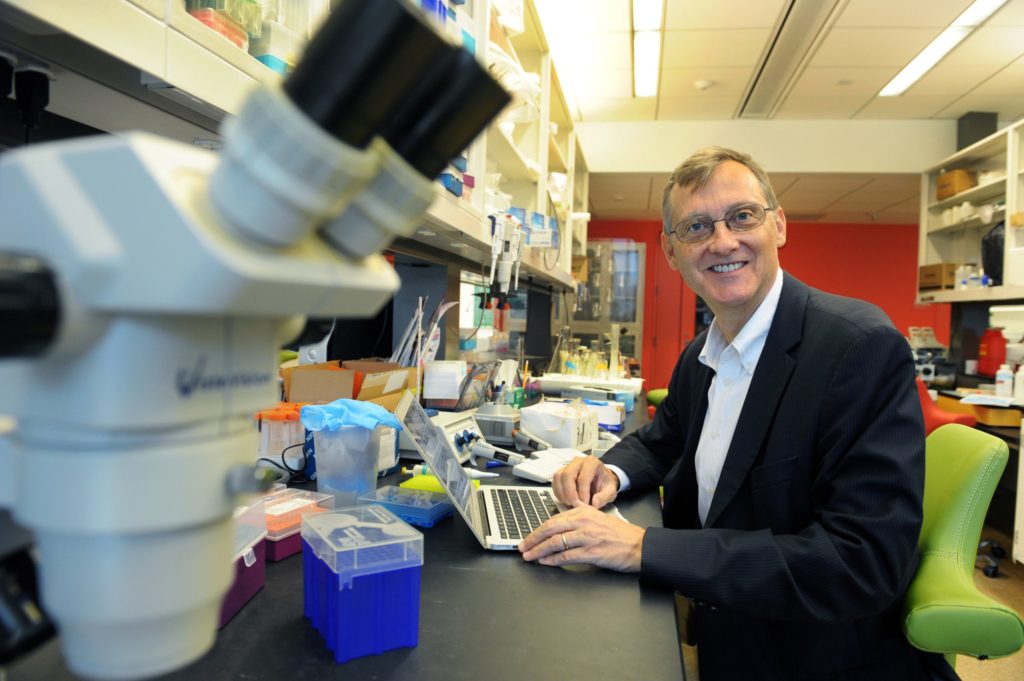
The Graduate School recently announced awards given to graduate students for powerful discoveries that contribute to a better future for people and communities in North Carolina. Seventeen Impact Awards and five Horizon Awards were presented for 2018.
The longstanding Impact Award, made possible through the generous support of the Graduate Education Advancement Board, recognizes discoveries with a direct impact on our state in the present time. The Horizon Award, first presented in 2017, recognizes discoveries with future potential to benefit North Carolina (and beyond). Doctoral and master’s students, working in close collaboration with their faculty mentors, pursue promising new ideas.
College of Arts & Sciences winners include:
- Sarah Gaby, sociology
- Joshua Horvath, economics
- Danielle Keller, ecology
- Kathleen Onorevole, marine sciences
- Andrea Martin, city and regional planning
- Carter Smith, marine sciences
- Pavithra Vasudevan, geography
- Teresa Zhou, economics
- Avery Paxton, biology
Read more about Impact Award winner Sarah Gaby’s research below:
Lessons in Leadership: How Organizations Can Engage and Prepare Youth for Civic Life
In the past few years, youth have led mobilization efforts around Black Lives Matter, the Fight for $15 and LGBTQ issues in North Carolina. How do organizations encourage this prominent youth engagement with politics, policies and communities? How does youth engagement benefit organizations and the young volunteers? Doctoral student Sarah Gaby completed a project with several components to find out.
She surveyed and analyzed responses from 71 youth-serving organizations in the Raleigh- Durham-Cary metropolitan area. She also observed, and conducted interviews and focus groups in four youth civic organizations. Her findings demonstrate that when youth are included in decision-making processes, they shape the organization’s response to challenges; this makes the organization more inclined to respond to, instead of avoid, conflict.
Organizations that gave youth autonomy were found to have a deep engagement with the current discourse on racial inequality, compared to organizations that did not provide autonomy. Further, adults in more inclusive organizations indicated that they perceive their groups as more effective. Gaby’s findings also indicate that youth in these types of organizations develop more enhanced civic skills that can be used in other ways.
She also analyzed the different organizational approaches to youth inclusion. Her data suggest that organizations have three major constraints in fully including youth: the organization’s culture, the skills of the adult leaders and the diversity of the participants. Organizations that are more inclusive signal to participants an openness to youth influence, which can encourage engagement with diversity issues over time.
Gaby has provided feedback to the organizations she observed and has shared her results with the N.C. Center for Nonprofits. Her findings provide ways for organizations, policymakers and young volunteers to strengthen civic life in North Carolina.
“Sarah’s multi-method study of youth organizations in the Triangle provides powerful insights for understanding how organizations can help youth become engaged citizens.” said adviser Kenneth “Andy” Andrews.




